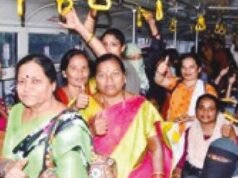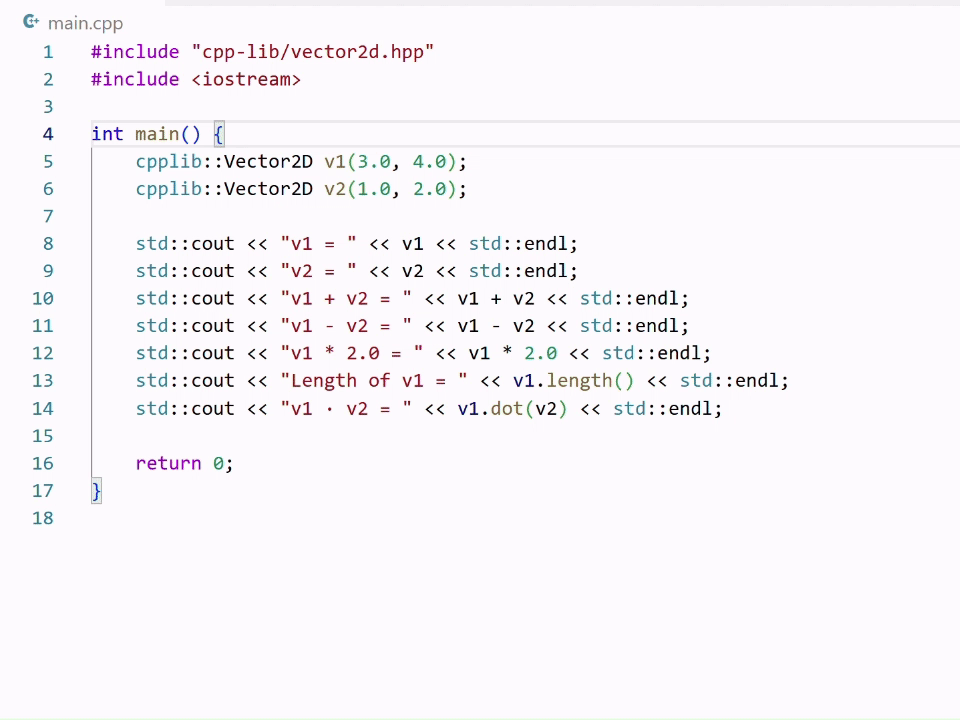Vijayawada : The Regional Ayurveda Research Institute (RARI) in Vijayawada, a unit of Central Council for Research in Ayurvedic Sciences, Ministry of Ayush, Government of India, one of its kind in both the Telugu States, AP and Telangana has been rendering services to people through Ayurvedic treatment and research programmes, observed RARI assistant director Dr B Venkateswarlu.
Speaking to The Hans India on the eve of the 56th Foundation day celebrations of the Central Council for Research in Ayurvedic Sciences (CCRAS), the assistant director said that the Regional Ayurveda Research institute in Vijayawada is one of the 30 peripheral institutes of CCRAS across the country.
He said the CCRAS 56th Foundation day celebrations will be held in New Delhi in a big way on Sunday.
The assistant director said that RARI was set up in Vijayawada in 1972 and expanded the services in 1980 by introducing outpatient department to provide medical services to people.
He said the unit was upgraded as Regional Research institute of Ayurveda in 1999 and renamed as National Ayurveda Research Institute for Vector Borne Diseases reflecting its research mandate.
Dr Venkateswarlu said that in addition to research activities, the institute has been providing medical facilities to people including diagnostic tests, pharmacy, dispensing medications and panchakarma unit which offers Ayurvedic therapies.
He said the institute has been offering a range of healthcare services to people. He said the RARI, Vijayawada holds National Accreditation Board of Hospitals and Health Care providers (NABH) accreditation certificate. He said nearly 250 people were registering at the outpatient department daily. He said that the institute has been catering to the medical services of surrounding districts too.
Dr Venkateswarlu said that as part of outreach programmes, tribal healthcare research project under the tribal sub-plan, has been taken up by the institute. A door-to-door survey of tribals was taken up and also a survey on availability of medicinal plants in their respective areas and providing medical aid to tribals at their doorsteps. A study was conducted in 104 tribal villages in AP.
The assistant director said that the CCRAS has been extending its services to women and children. Reproductive and child healthcare programme is aimed to generate health awareness among tribals to reduce infant mortality rate.







